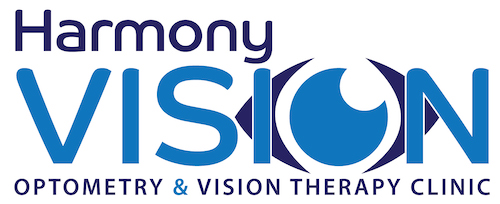Vision Therapy Highlight – Convergence Insufficiency Awareness Month
We find it fascinating how consistently vision problems get marginalised in the “debate” over reading. The Vision Help Group has highlighted this in a series of blogs about convergence insufficiency and how it is successfully treated with vision therapy. Understanding how a vision problem like convergence insufficiency can impact on reading, helps to understand the value of treating vision problems. This is why June was Convergence Insufficiency Awareness Month.
Vision, Convergence Insufficiency and Reading
Part of the confusion that the public will get is that some suggest that providers of vision therapy claim to treat reading difficulties or dyslexia. Some will go on to cite that there is “no evidence” to support it’s use in treating reading difficulties. The funny thing is we agree! Vision therapy does not treat reading difficulties or dyslexia – it treats vision problems, otherwise it would be called “reading therapy”. Evidence for vision therapy for vision problems like convergence insufficiency has reached level 1 “gold standard” levels.
It doesn’t require a large leap in judgement to consider that a child or adult who struggles to maintain good eye focus, good eye alignment (convergence), or has inaccurate fixation, has the potential to find reading more difficult. This doesn’t suggest they can’t learn to read, but if people find reading uncomfortable or that it requires more effort to overcome a vision problem, something has to give. The effect can vary from mild to moderate depending on the individual. Some will struggle on with discomfort, some may read more slowly or less accurately than they are capable, and some will just avoid reading, thereby missing out on vital reading practice. Treat the vision problem, and “seeing” for reading becomes more comfortable and requires less effort.
Vision problems, like convergence insufficiency occur in people of all reading abilities. Those who have learnt to read, may not require further reading intervention after having their convergence treated. Stories of remarkable change in “reading” after vision therapy come from these people – their vision problem was the only thing holding them back. This is a different story to those who also have other reasons for their reading difficulties, and will continue to require assistance overcoming their challenge. This does not make their vision problem less important to treat.
Vision Help’s Blog covers this issue nicely:
http://visionhelp.wordpress.com/category/vision-and-learning-2/
